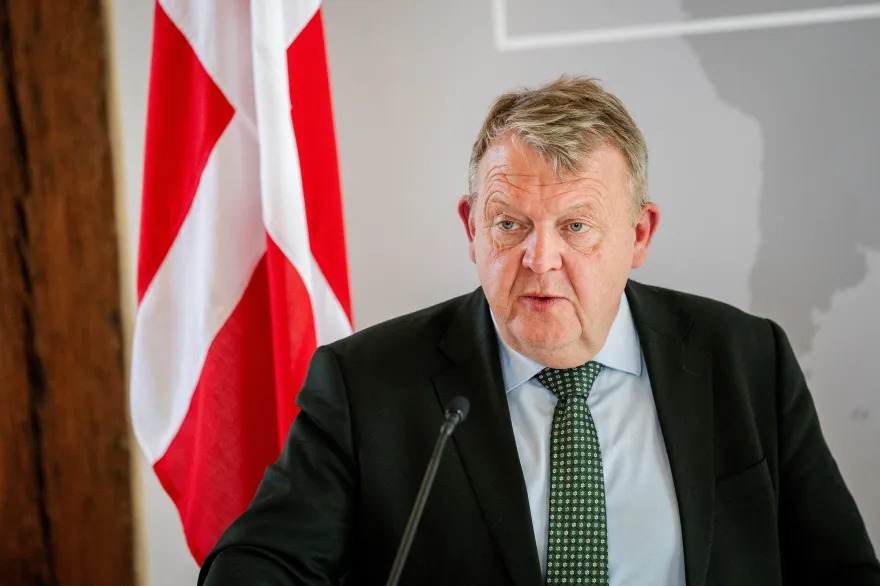Denmark's Folketing Rejects the Proposal to Recognize Palestinian State
Long-suppressed Palestinian cause is gaining momentum, with growing support for Palestinian statehood, meanwhile, Israel finds itself increasingly isolated as Gaza conflict continues

In a recent parliamentary decision, Denmark has opted not to recognize a Palestinian state, aligning with the Danish government's stance that the necessary conditions for such recognition are not currently in place.
The proposal in Denmark was introduced by four left-wing parties. Sascha Faxe, a member of parliament from The Alternative, emphasized the belief among many Danish politicians that peace in the Middle East hinges on a two-state solution.
"Recognizing a Palestinian state is the only way to achieve lasting peace in the Middle East," Faxe stated in parliament. She argued that this recognition would also extend rights to ordinary Palestinians.
However, Danish Foreign Minister Lars Lokke Rasmussen has maintained a different view. He has consistently argued that Denmark cannot recognize a Palestinian state due to the lack of a single functioning authority and control over its territory.

Lars Lokke Rasmussen, Denmark's current Minister of Foreign Affairs, previously served as the country's Prime Minister from 2009 to 2011 and again from 2015 to 2019. He led the liberal Venstre party during the same period, from 2009 to 2019. Rasmussen was appointed Minister of Foreign Affairs on December 15, 2022.
In his role, Rasmussen did not participate in the debate but has expressed hope that one day Denmark might be able to support Palestinian statehood under more favorable conditions.
The decision by Denmark stands in contrast to actions taken by Ireland, Spain, and Norway, which have moved forward with recognizing a Palestinian state. These countries announced their decision last week, drawing a sharp rebuke from Israel.

Israel's Foreign Minister, Israel Katz, has ordered the immediate return of Israel's ambassadors from these countries, condemning the recognition as a "reward for terrorism."
Support for Palestinian Statehood Grows Amid Gaza Conflict

In recent weeks, several European Union countries have indicated their intention to recognize Palestinian statehood, arguing that a two-state solution is essential for lasting peace in the region.
In March, Malta and Slovenia also expressed their "readiness to recognize Palestine" when "the circumstances are right."
Recently, Australia has hinted at the possibility of unilaterally endorsing Palestinian statehood. President Emmanuel Macron has stated that the question of recognizing a Palestinian state without a negotiated peace is no longer "a taboo for France."
The Spanish prime minister called the move to recognize Palestine as “a matter of historical justice.” He added, “The only route towards establishing peace is the establishment of a Palestinian state, living side by side with the state of Israel.”
The majority of UN member states (146 out of 193) now recognize Palestine as a sovereign state. Among the G20 countries, ten have recognized Palestine, including Argentina, Brazil, China, India, Indonesia, Russia, Saudi Arabia, South Africa and Turkey.
Conversely, ten other G20 countries, such as Australia, Canada, France, Germany, Italy, Japan, South Korea, the United Kingdom and the United States, have not granted recognition.
